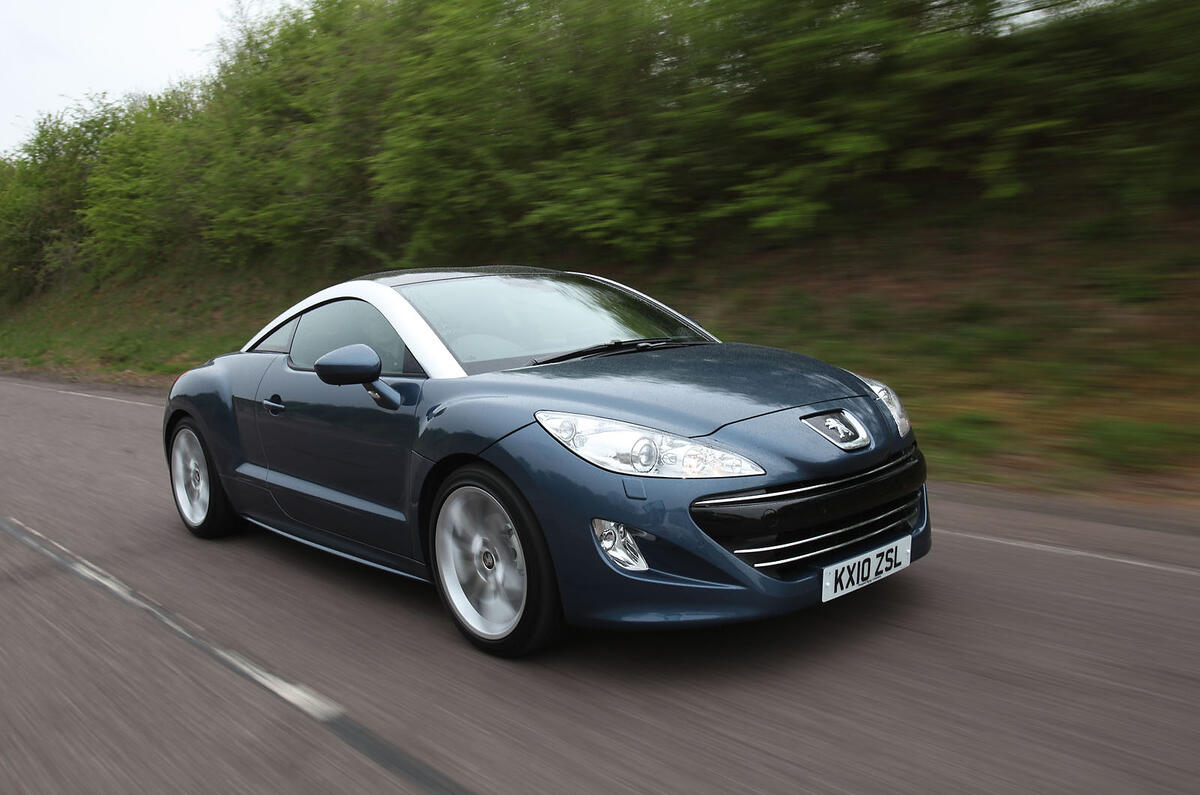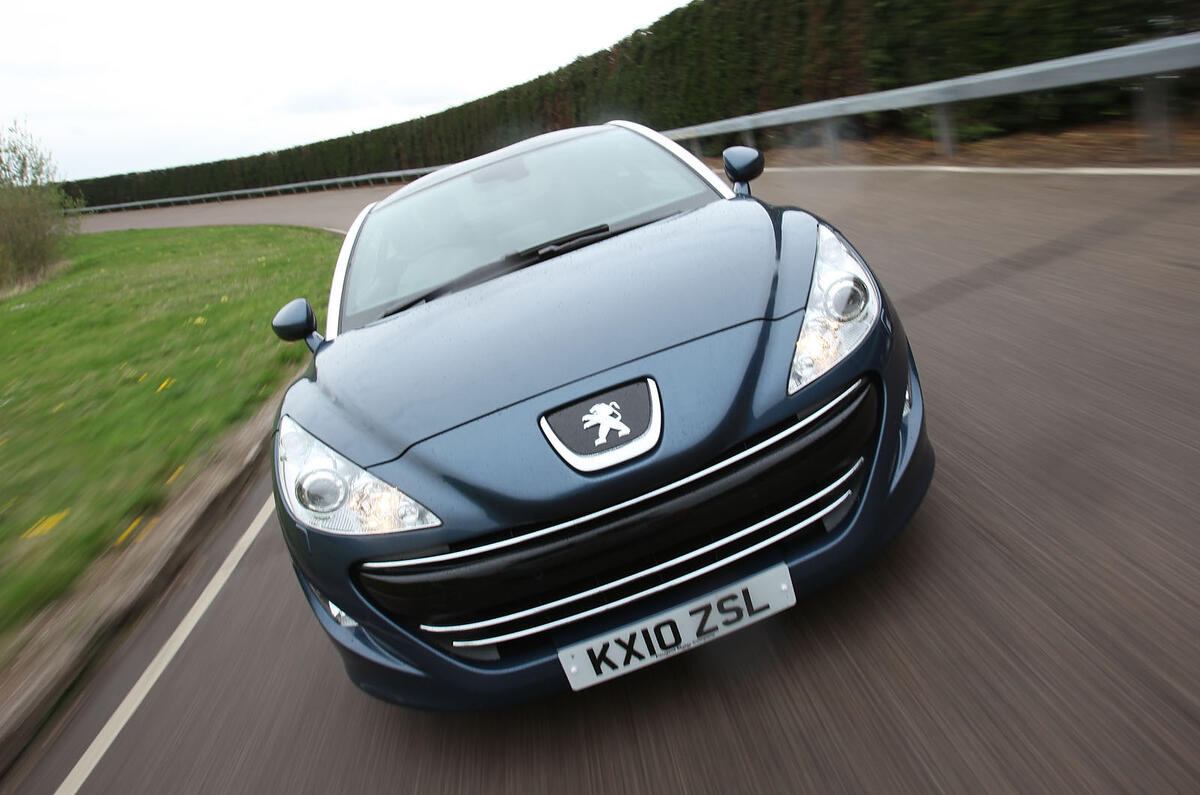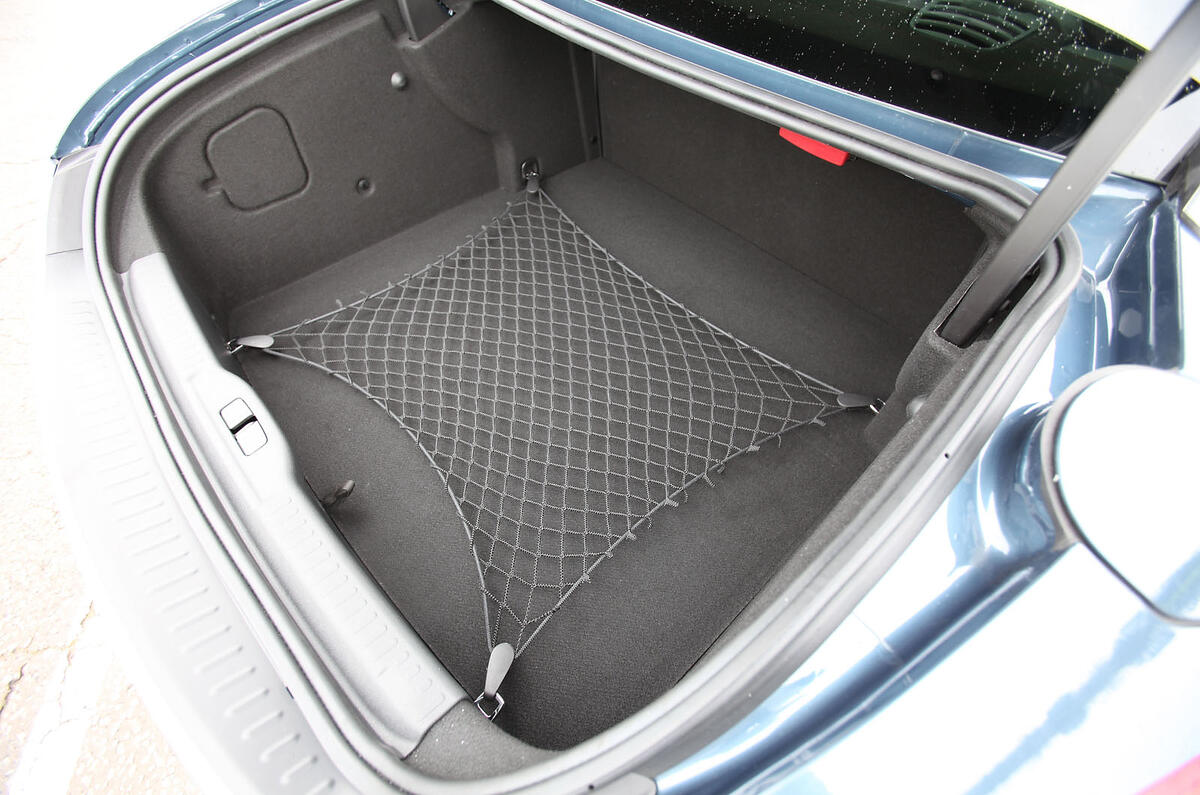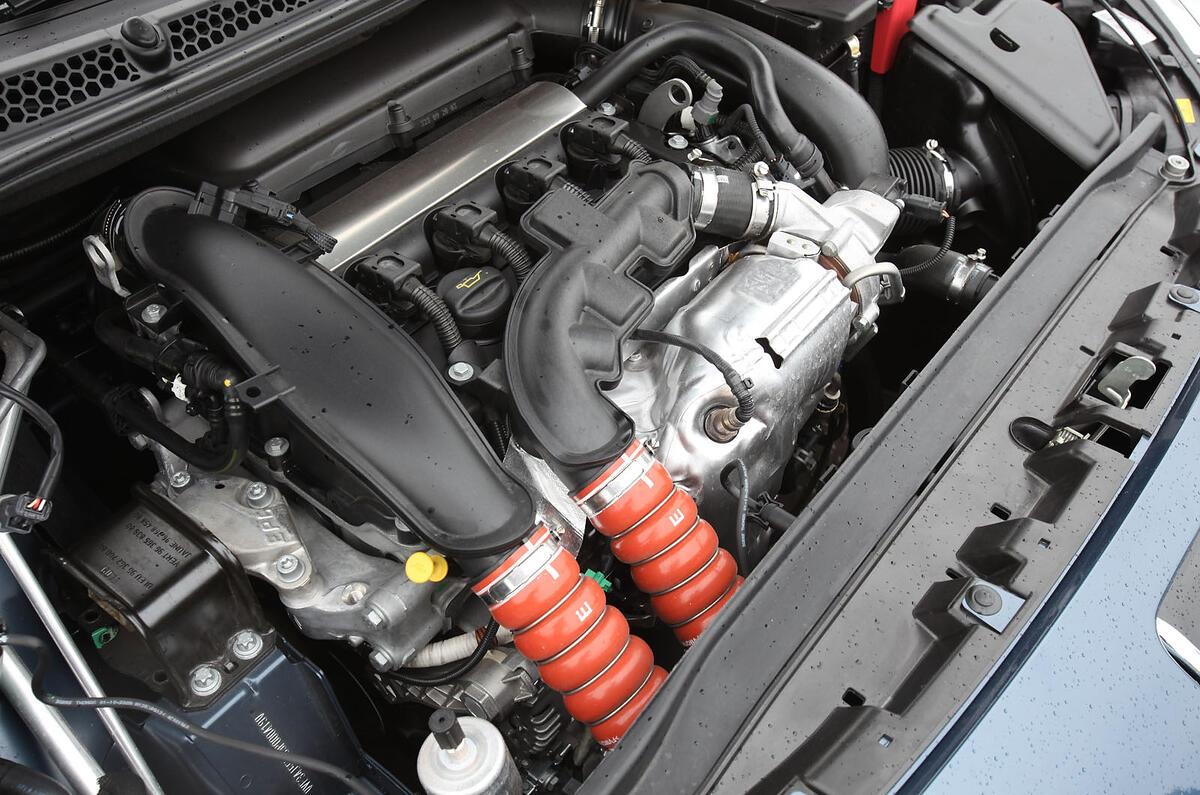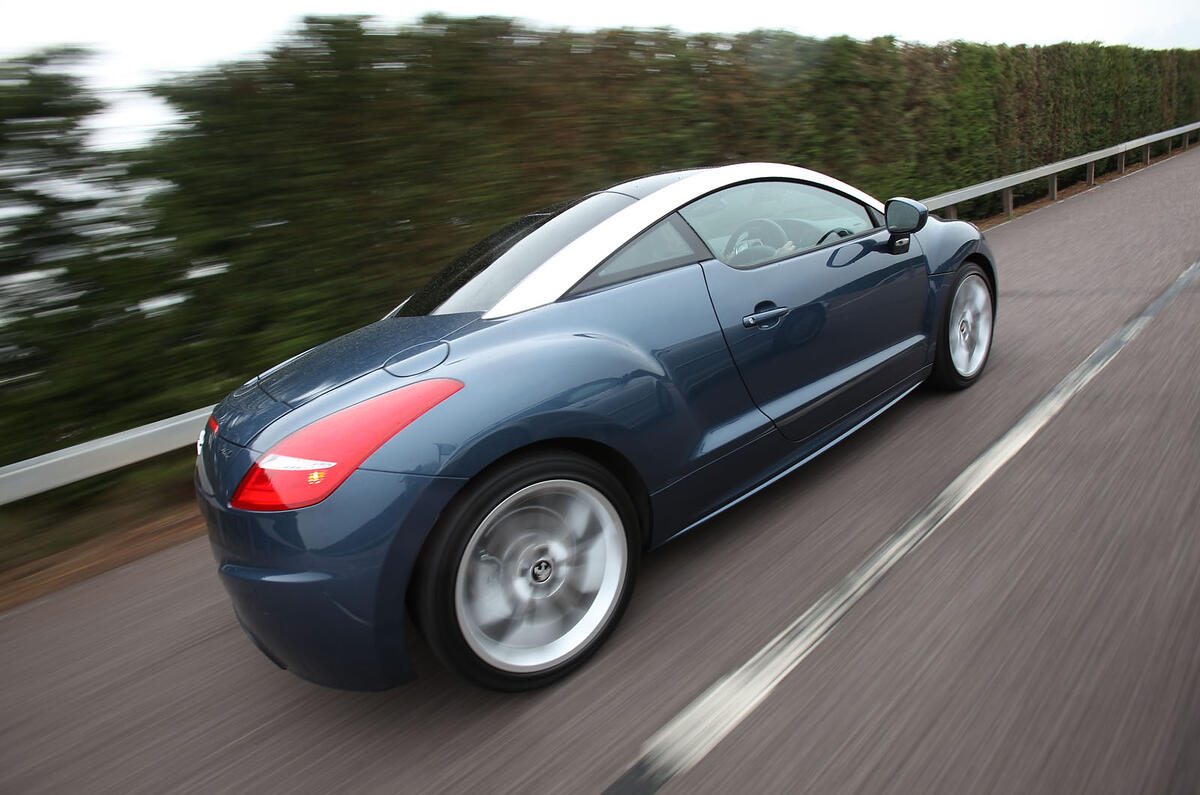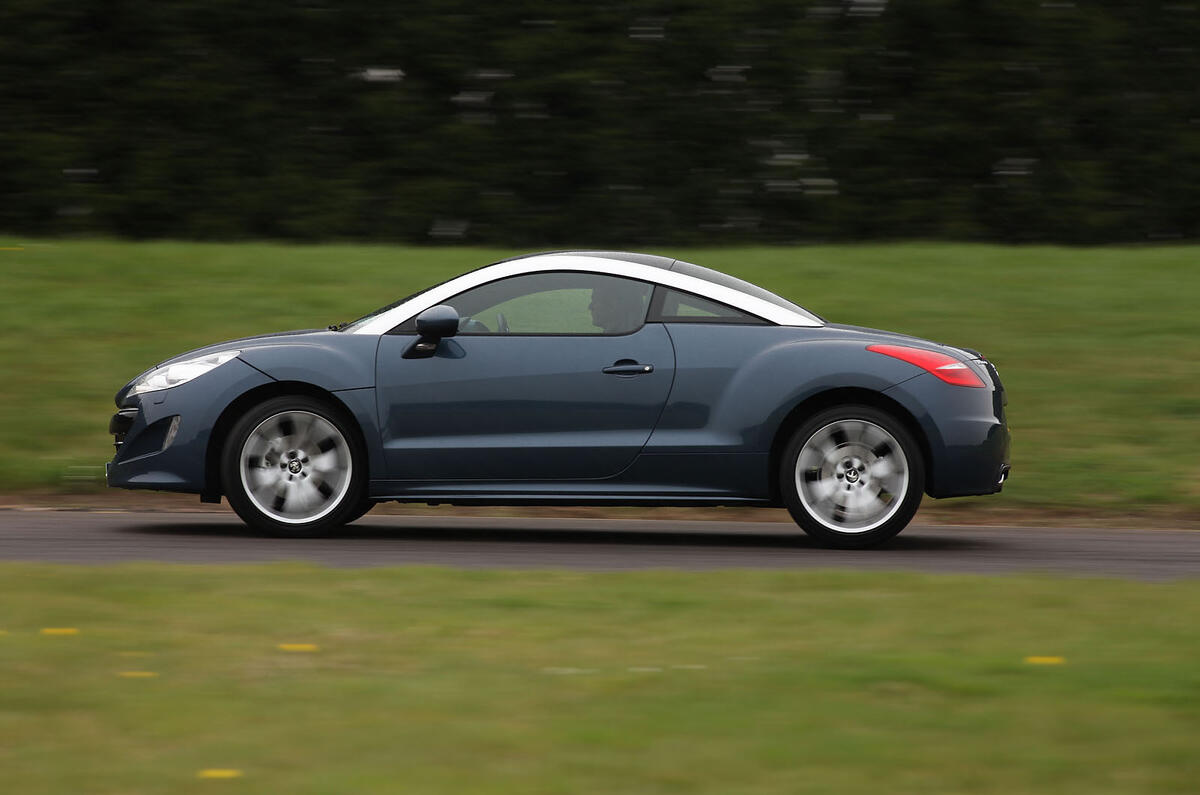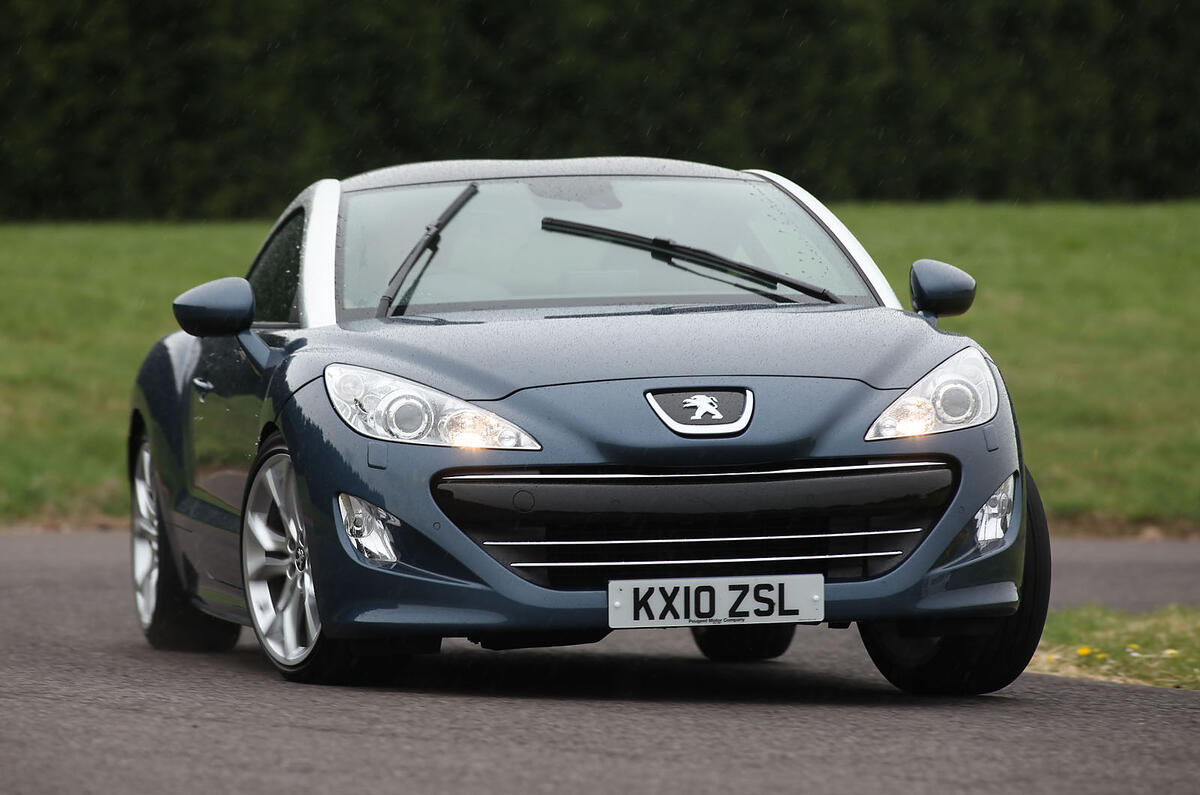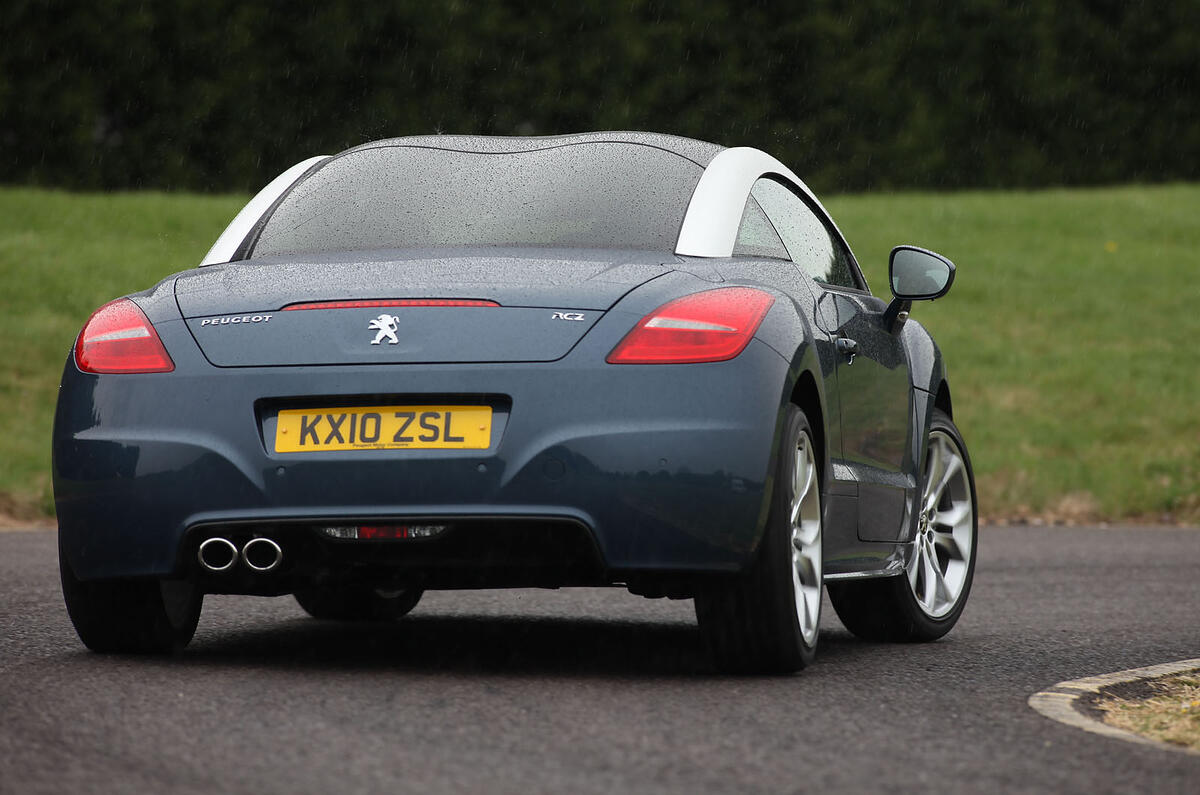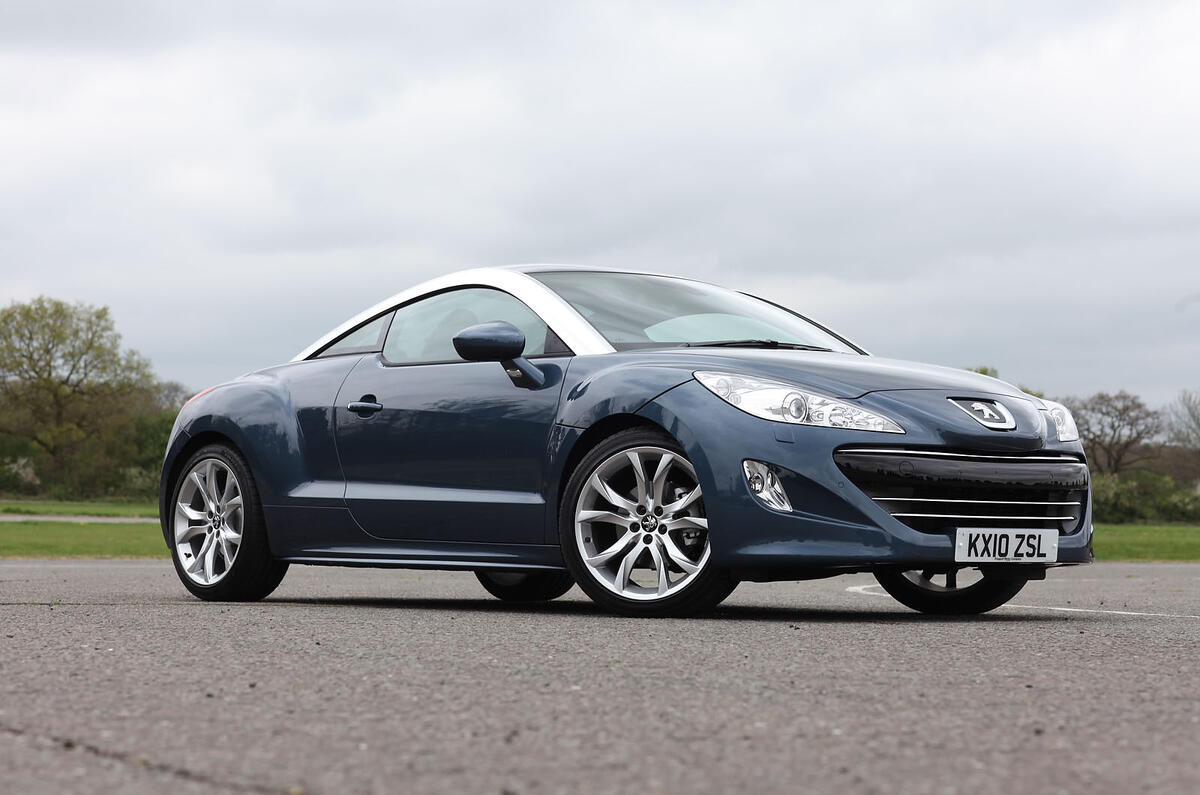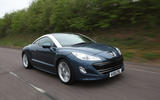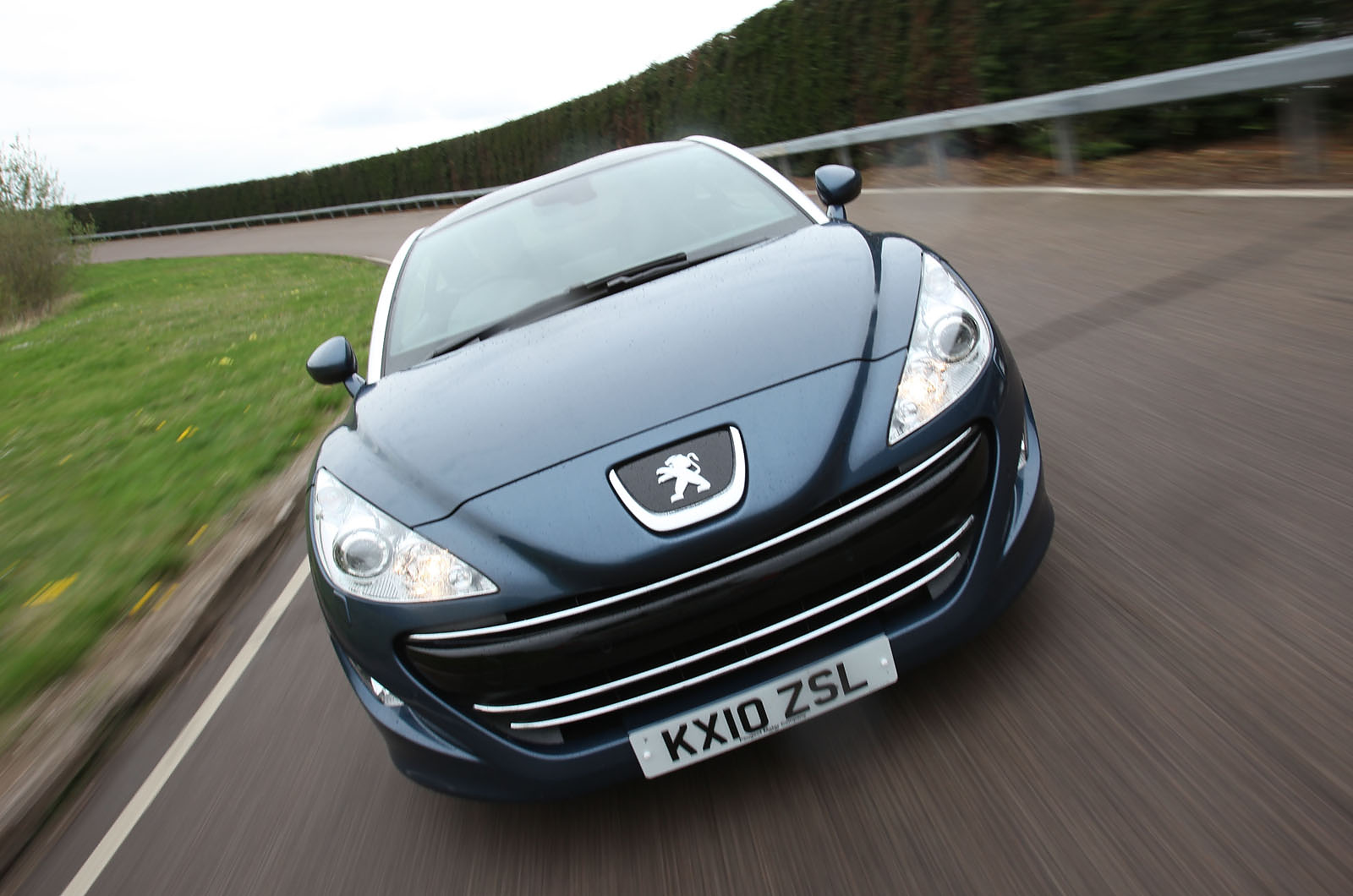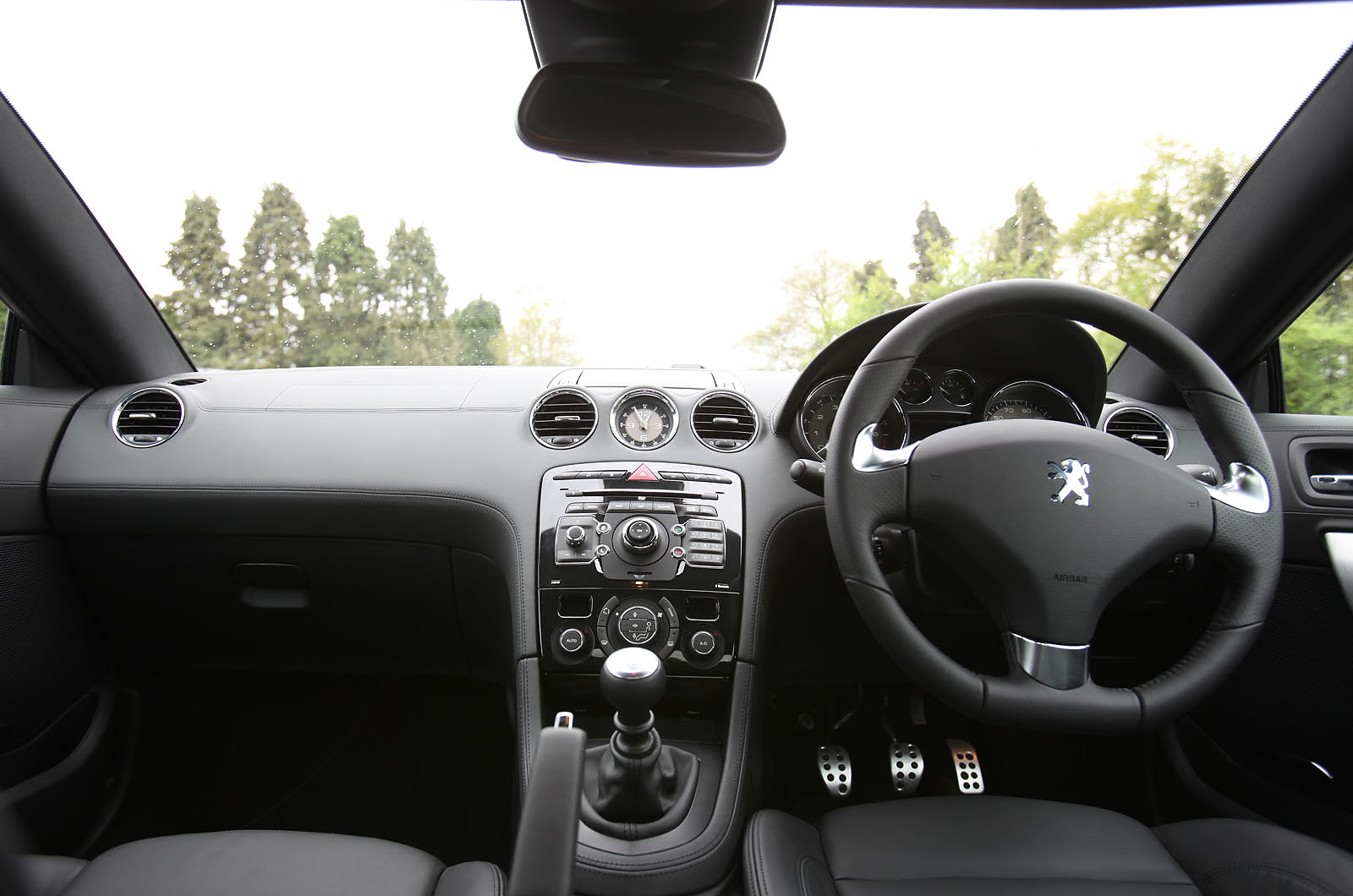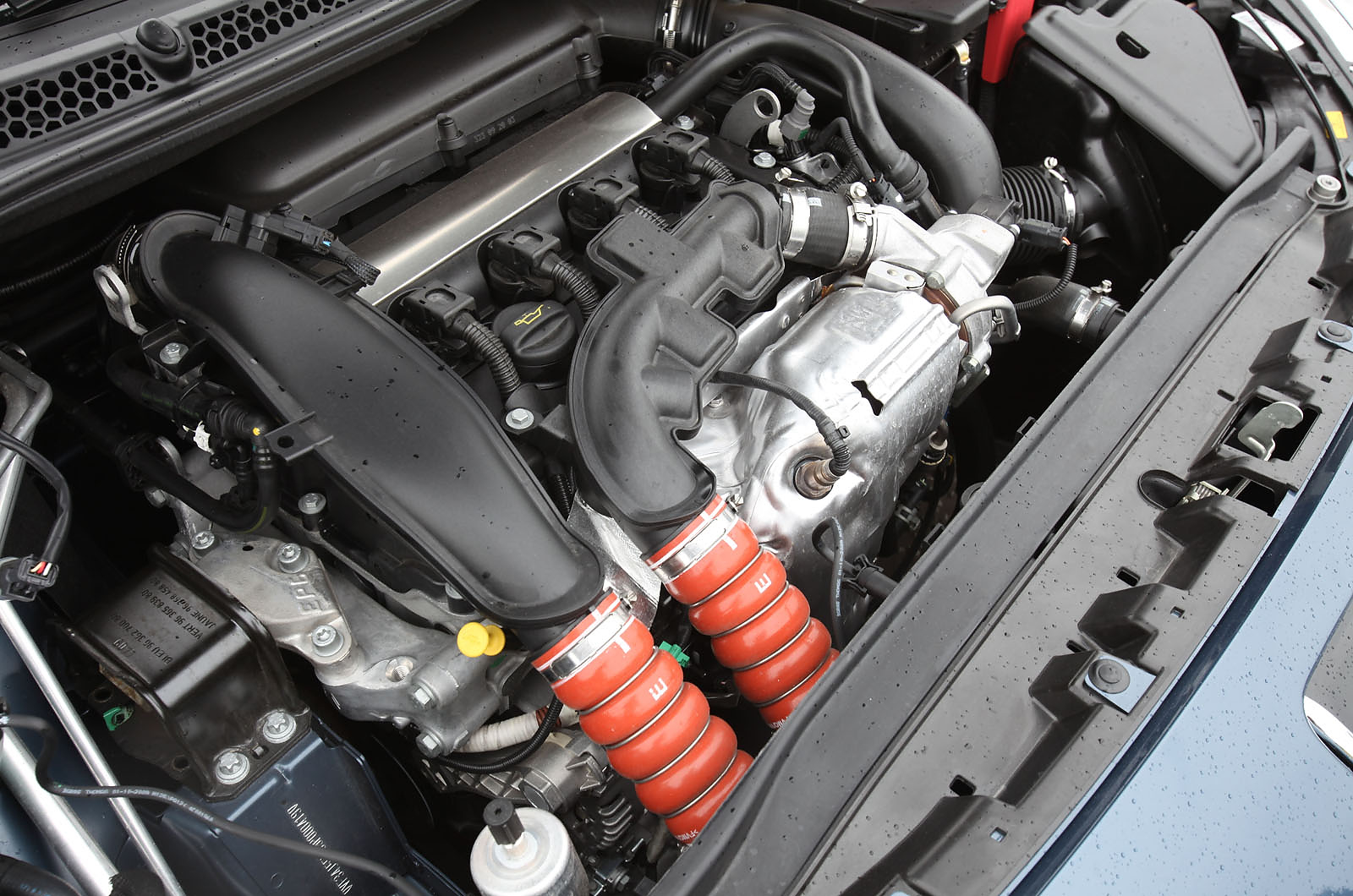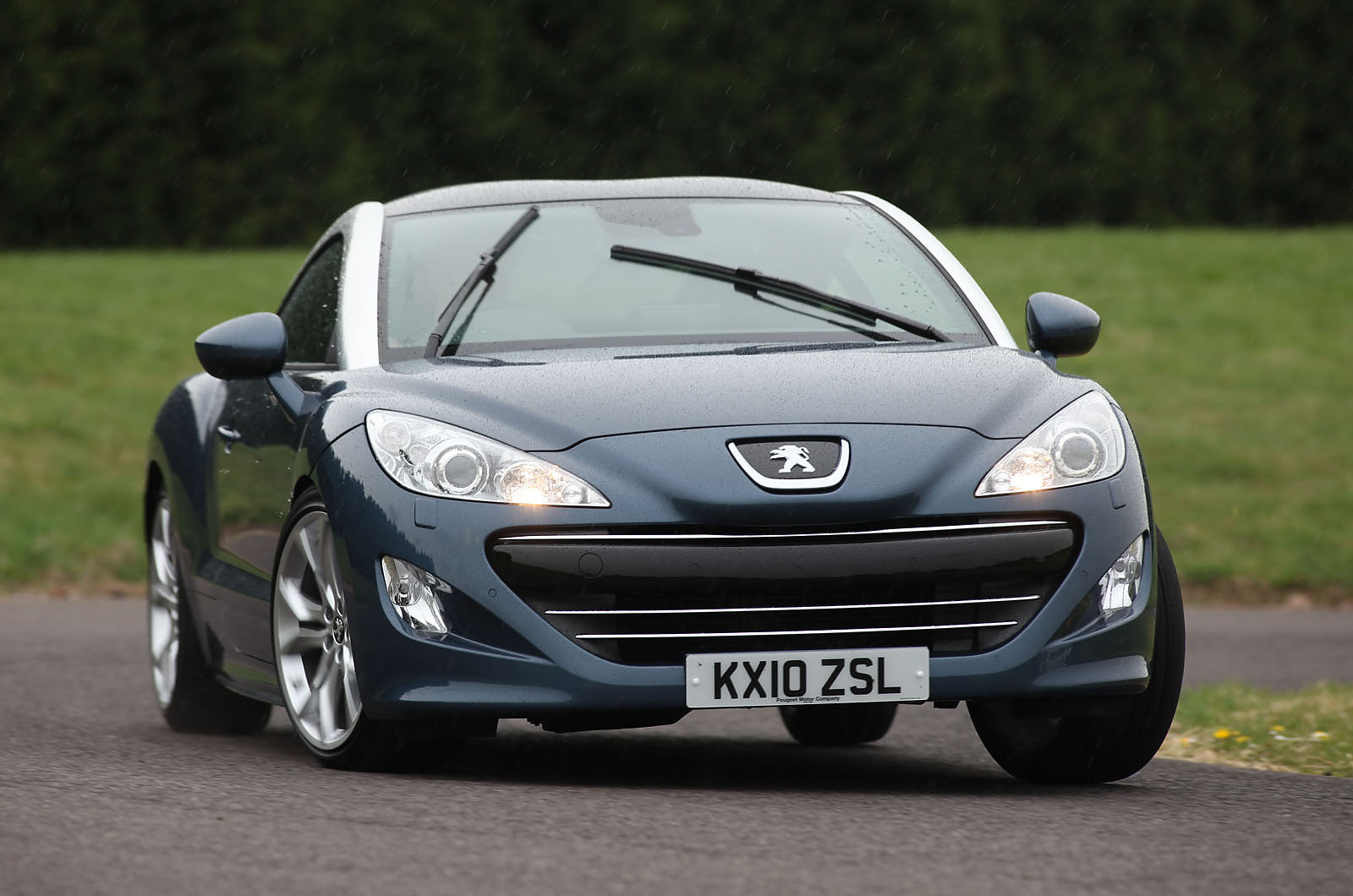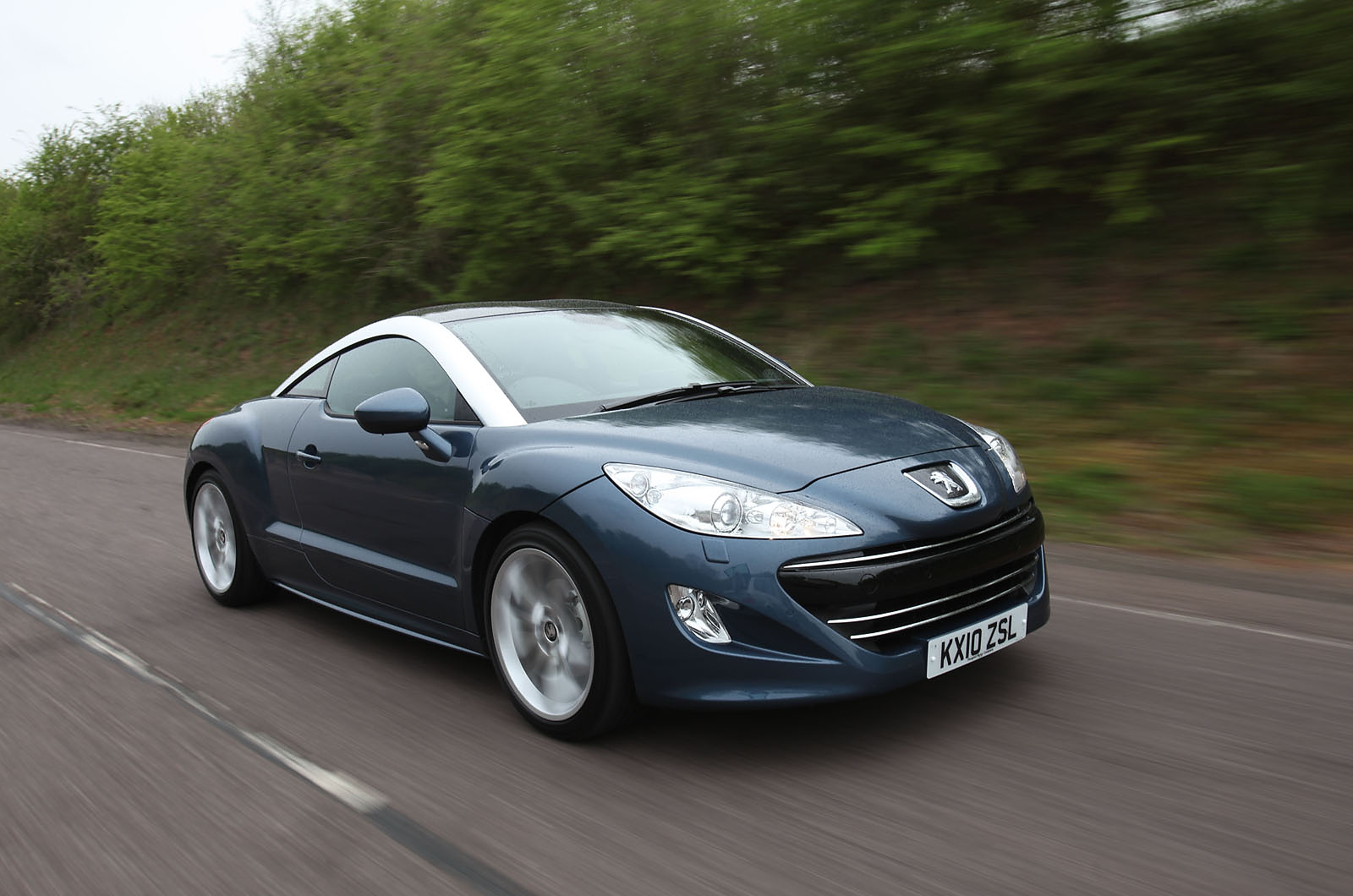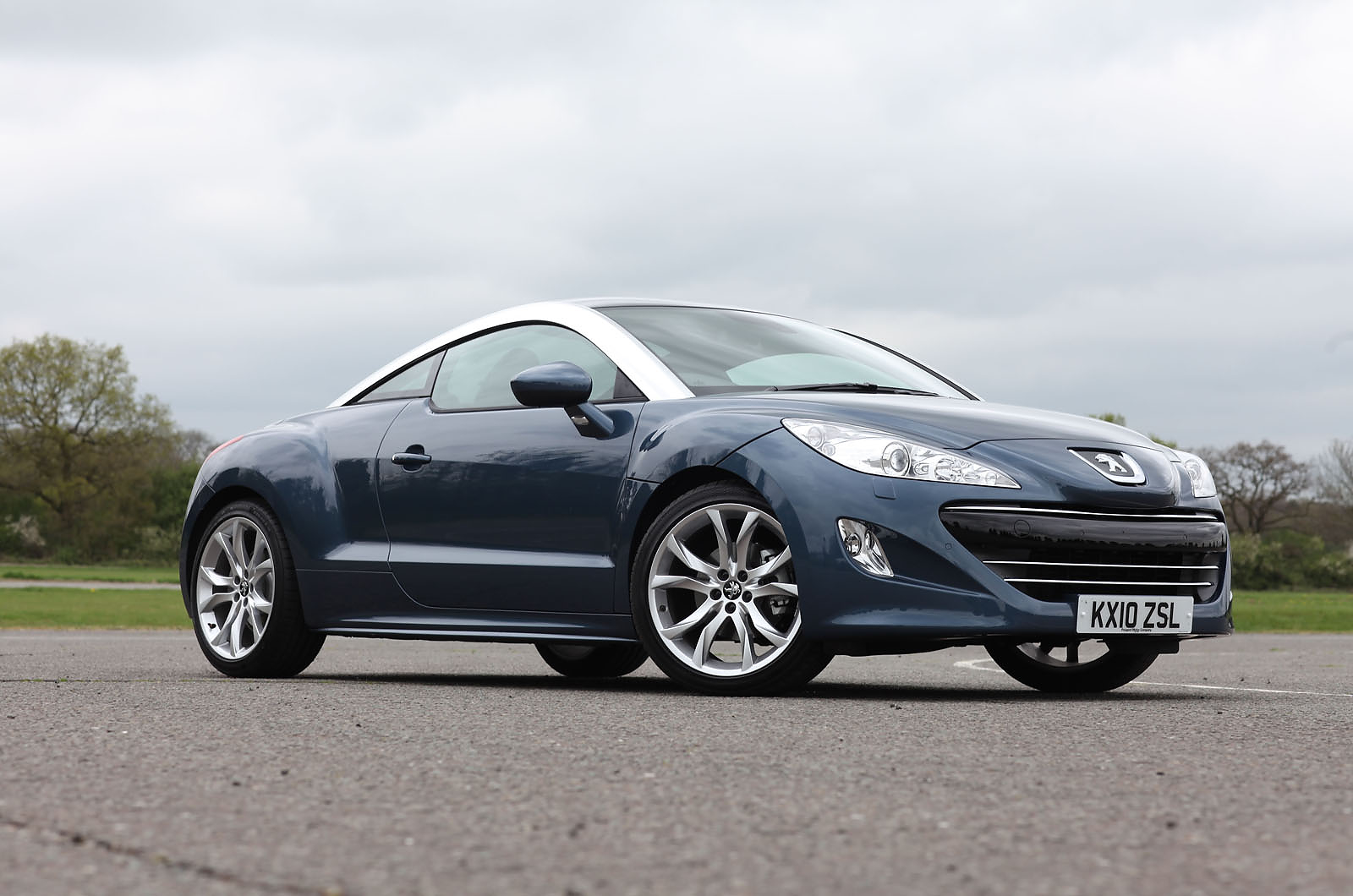The weight of brilliant Peugeots from the past has worn heavily on the shoulders of Peugeot’s executives during recent years. Its cars – from the company once famous for ‘the drive of your life’, you’ll remember – have lately struggled to offer the best drive you’ve had that day. And Peugeot has known it, meaning a great deal is expected of the RCZ.
It is a car that Peugeot acknowledges and hopes will mark a turning point: that from here on in, it will be making interesting cars that are entertaining to drive.
To a small extent, the tide has already turned. The 3008 and Peugeot 5008 have both featured chassis dynamics that are a marked step-up from, say, the 207 and 307. It’s a trait that has continued with the new Peugeot 508.
The RCZ, though, is meant to represent a marked progression again. Peugeot calls this the first of a new range of ‘special cars’ meant to add an edge of exclusiveness to a French marque better known for big-selling small cars.
This is the car, and the point in time, from which it would like us to judge its future product.
How significant does Peugeot think the RCZ is? Put it this way: in its history, it has until now never created a passenger car that doesn’t have a ‘0’ or two in the middle of its name.


